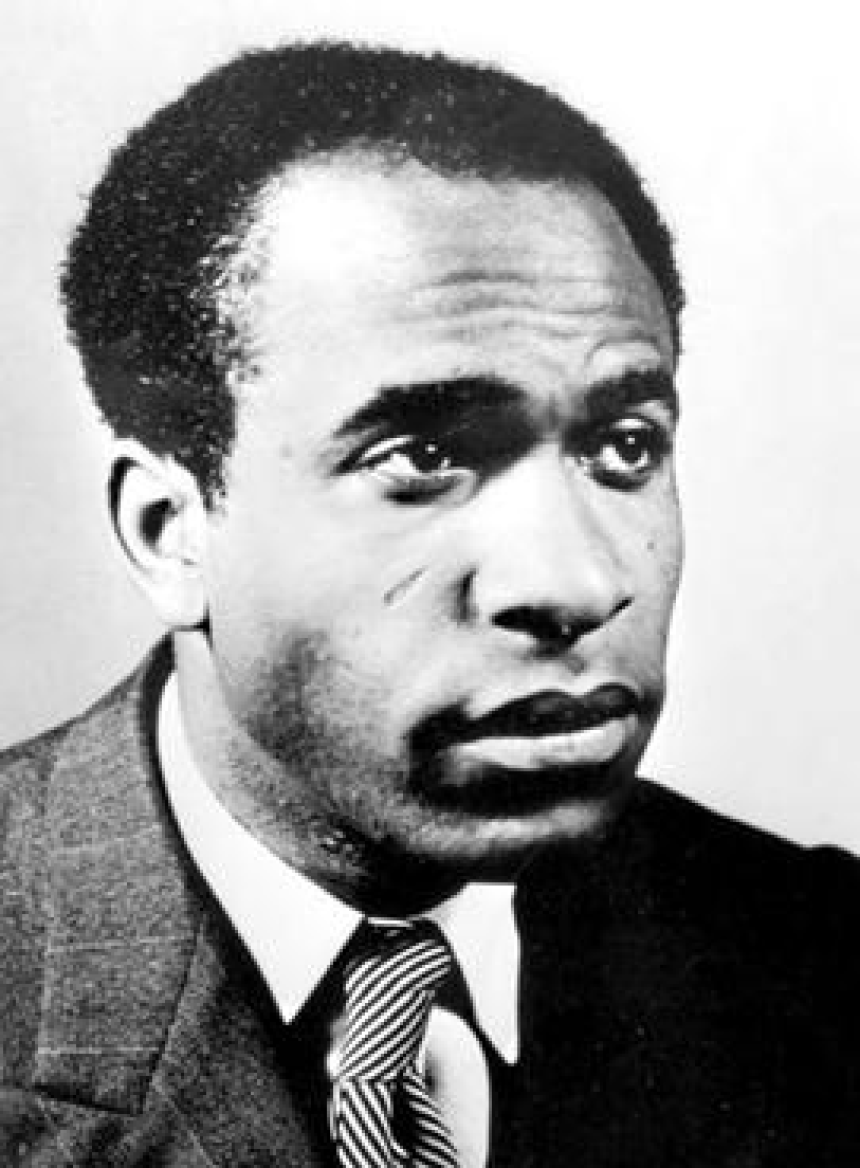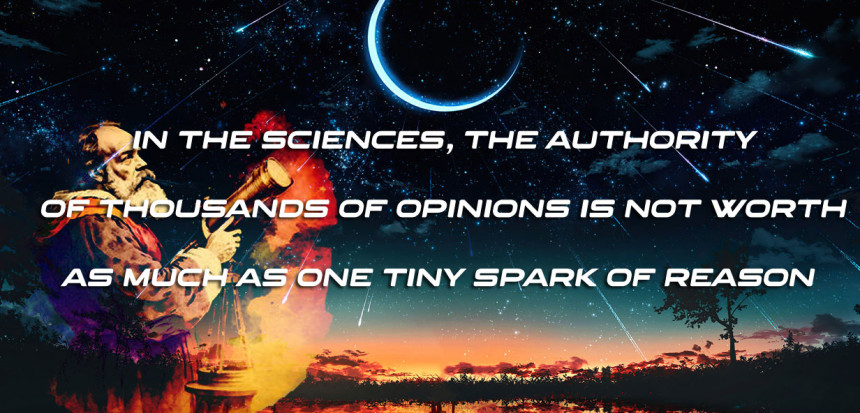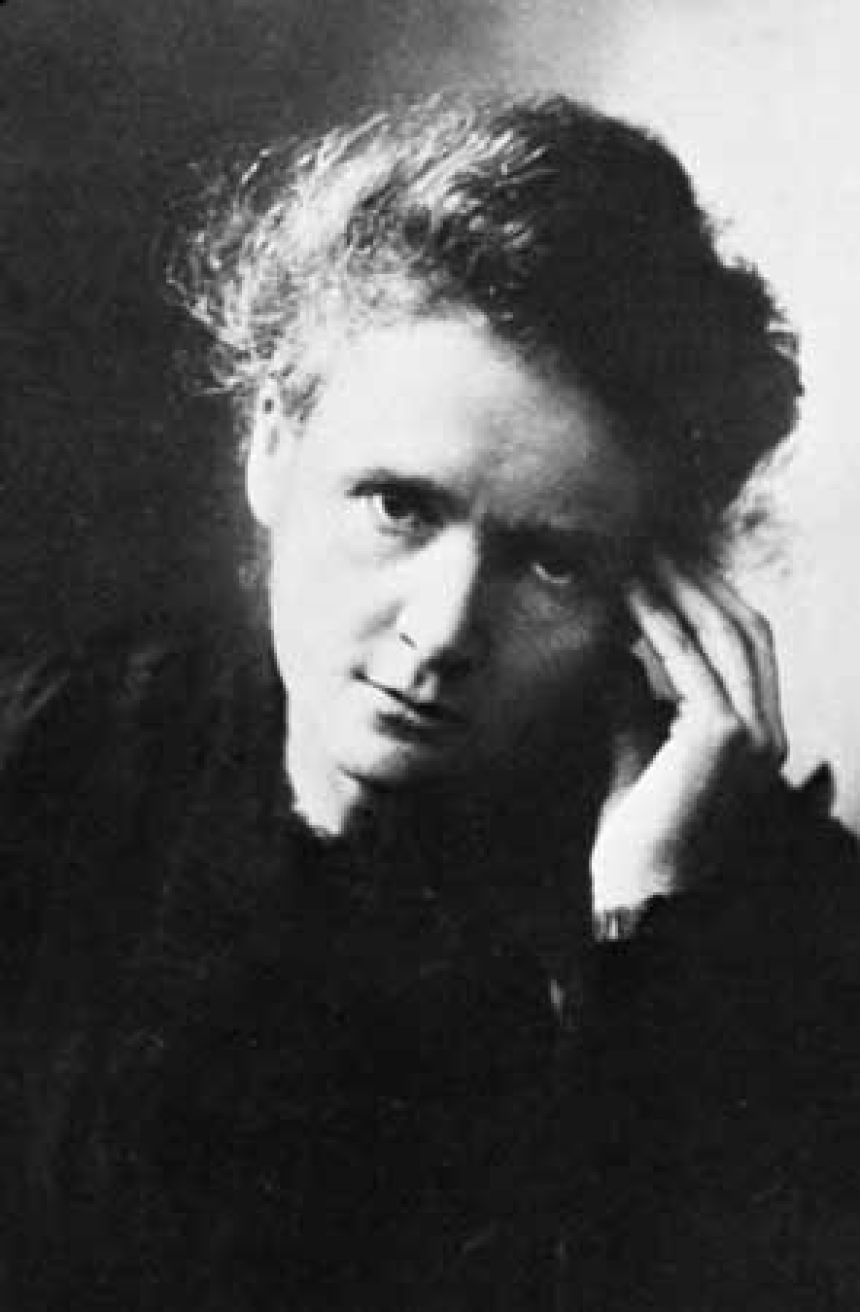
Frantz Fanon
Frantz Fanon: A Revolutionary Thinker
Frantz Fanon: A Revolutionary ThinkerFrantz Fanon, a highly influential figure in the field of postcolonial theory, was a psychiatrist, philosopher, and revolutionary from Martinique. His works have had a profound impact on our understanding of the effects of colonization on the psychological and social well-being of colonized peoples. In this blog, we will delve deeper into his life, ideas, and contributions.
A Brief BiographyFrantz Fanon was born on July 20, 1925, in Fort-de-France, Martinique, which was then a French colony. Growing up in a racially segregated society, Fanon experienced firsthand the dehumanizing effects of colonialism and racism. He later moved to France to pursue education and became involved in the struggle for Algerian independence.
After completing his medical studies, Fanon worked as a psychiatrist at the Blida-Joinville Hospital in colonial Algeria. It was during this time that he began to critically examine the psychological impact of colonialism on the minds of the colonized. His observations and interactions with patients formed the basis of his groundbreaking book, "Black Skin, White Masks."
Contributions to Postcolonial TheoryFanon's most renowned work, "The Wretched of the Earth," offers a scathing critique of the colonial system and provides a framework for understanding the psychology of both the colonizer and the colonized. He argued that the process of colonization not only dehumanizes the colonized but also generates violent resistance movements.
One of Fanon's key ideas is that colonization creates a psychological state of inferiority and self-hatred among the colonized. He believed that colonizers systematically destroy the cultural, social, and linguistic practices of the colonized, leading to a loss of identity and a disconnection from their roots.
This loss of identity, according to Fanon, creates a desire for assimilation into the dominant culture, resulting in individuals attempting to conform and embody characteristics associated with the colonizers. This, he argues, leads to a conflict within oneself as the colonized person internalizes the racial and cultural prejudices imposed by the colonial system.
Furthermore, Fanon emphasized the need for decolonization and the importance of reclaiming one's identity and cultural heritage. He advocated for the overthrow of colonial regimes and the establishment of independent nations that would foster the development of distinct national identities.
Relevance in EducationFrantz Fanon's ideas have significant implications in the field of education, particularly in the context of decolonizing the curriculum. By recognizing the impact of colonization on the minds of students, educators can develop approaches that promote inclusive and culturally responsive learning environments.
Integrating Fanon's ideas in education can help students understand the effects of historical structures of power on contemporary social relations. By exploring the experiences of the oppressed and marginalized, students can critically examine their own roles and responsibilities in creating a more just and equitable society.
The inclusion of diverse voices and perspectives in the curriculum can challenge dominant narratives, enable critical thinking, and promote empathy and understanding. By exposing students to the works of scholars like Frantz Fanon, educators can contribute to the development of socially conscious and empowered individuals.
ConclusionFrantz Fanon's ideas continue to resonate in the realms of postcolonial theory, psychology, and education. As a revolutionary thinker, he highlighted the psychological and social effects of colonialism, providing a framework for understanding the complexities of the decolonization process.
By examining Fanon's works, we can develop a deeper understanding of the historical context and ongoing struggles faced by marginalized communities. Moreover, his ideas serve as a call to action to challenge and dismantle systems of oppression in pursuit of a more just and equitable world.
Frequently Asked Questions:1. Can you provide some examples of colonization's impact on the colonized?Colonization often leads to the erosion of cultural practices, the loss of identity, and the internalization of racial and cultural prejudices imposed by the colonizers. It can also result in the displacement of indigenous populations, economic exploitation, and the denial of basic rights and freedoms.
2. How can Frantz Fanon's ideas be applied in the classroom?Frantz Fanon's ideas can be applied in the classroom by integrating diverse voices and perspectives into the curriculum, encouraging critical thinking and self-reflection, and creating inclusive and culturally responsive learning environments. Educators can also engage students in discussions about power structures, social justice, and the impacts of colonization.
3. What is the importance of decolonization in education?Decolonization in education is crucial as it challenges the dominant narratives and structures of power. By recognizing and addressing the historical and ongoing effects of colonization, education can empower students to critically analyze the world around them, develop empathy and understanding towards marginalized groups, and actively work towards creating an inclusive and equitable society.
4. What is the legacy of Frantz Fanon?Frantz Fanon's legacy lies in his invaluable contributions to postcolonial theory, psychology, and the understanding of the effects of colonization on the colonized. His works continue to inspire scholars and activists to challenge oppressive systems, promote social justice, and advocate for the decolonization of minds and societies.
5. What are some recommended readings by Frantz Fanon?Some recommended readings by Frantz Fanon include "Black Skin, White Masks," "The Wretched of the Earth," and "A Dying Colonialism." These texts provide a comprehensive exploration of his ideas and their relevance in understanding colonialism, race, and resistance.





